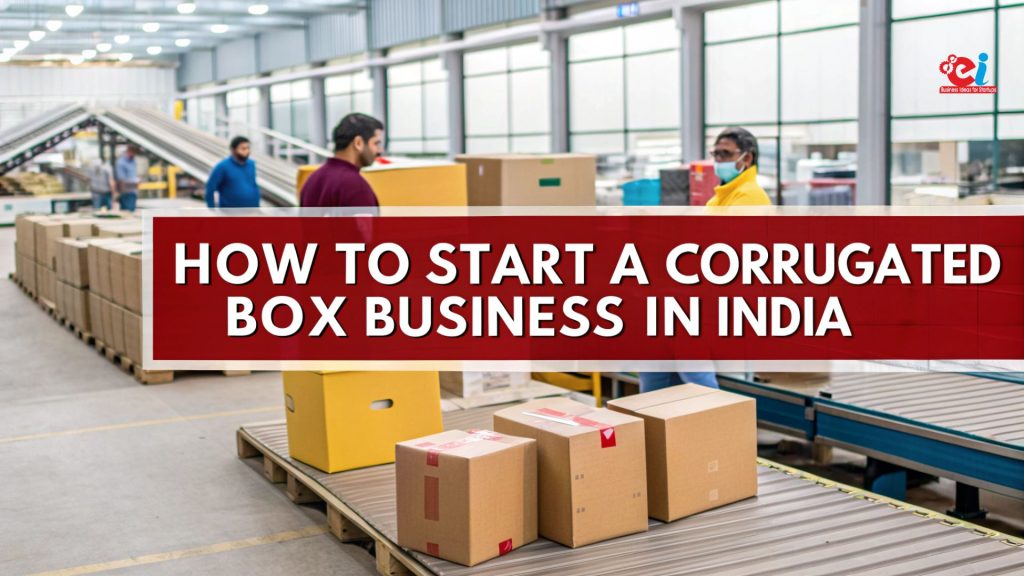Starting a Triangle Tailors Chalk Manufacturing business can be a promising and cost-effective venture for entrepreneurs interested in the garment or textile accessory sector. Tailors chalk is a vital tool in the fashion, apparel, and upholstery industries, used to make temporary markings on fabric before sewing or cutting. The triangle shape is especially popular due to its ergonomic design and precise edge markings. With rising demand from tailors, fashion designers, textile manufacturers, and tailoring shops, there is ample opportunity to establish a profitable and scalable business.
Market Potential of Triangle Tailors Chalk
The market demand for Triangle Tailors Chalk Manufacturing is steadily growing with the rise in ready-made garment production, fashion design studios, boutiques, and custom tailoring services. Chalks are consumable items, meaning they are used repeatedly and need constant replenishment. The triangle chalk is more preferred than the rectangular variant because of its comfortable grip, sharper edges, and cleaner lines on fabric. This makes it ideal for industrial and domestic use.
With a low entry barrier, minimal raw material requirement, and manageable production setup, this business can be started even with a moderate investment. Moreover, since triangle tailor’s chalk is a lightweight and compact product, it’s ideal for mass production, easy packaging, and bulk distribution.
Key Benefits of Starting the Business:
- Low initial investment
- Simple manufacturing process
- Steady domestic and export demand
- Scalability of operations
- Applicable for government tenders and MSME schemes
Manufacturing Process of Triangle Tailors Chalk
To successfully set up a Triangle Tailors Chalk Manufacturing unit, understanding the production process is critical. The manufacturing involves preparing a paste from plaster of Paris (POP) or chalk powder, adding colorants and lubricants, pouring the mixture into triangle molds, and allowing it to set.
Step-by-step Production Guide:
-
Raw Material Preparation
The basic ingredients include plaster of Paris, water, coloring agents (like pigments), stearic acid or paraffin (to ensure smooth application on fabric), and mold-release agents. -
Mixing
POP is mixed with water in specific proportions to form a smooth paste. Pigments are added at this stage to produce different colored chalks. Stearic acid or paraffin wax is also blended for a smoother surface finish. -
Molding
The mixture is then poured into triangular molds made of plastic, silicone, or metal. Vibrating the mold trays lightly helps release trapped air bubbles. -
Drying and Curing
The filled molds are allowed to set at room temperature or in a drying chamber. Curing can take several hours to ensure the chalk hardens well and doesn’t break during handling. -
Finishing
After demolding, each chalk piece is inspected, polished if necessary, and trimmed for a clean edge. They are then packed in sets (usually 10, 20, or 50 pieces per box). -
Packaging and Branding
Attractive and sturdy packaging enhances the product’s appeal. Branding is crucial for standing out in competitive markets, especially in exports.
Machinery and Equipment Required
To initiate the Triangle Tailors Chalk Manufacturing business, you will need basic machinery that is cost-effective and easily available.
- Mixing machine or hand stirrers
- Triangular molds (plastic or silicone)
- Drying racks or chamber
- Polishing tools (optional)
- Packing table and materials
- Weighing scale
- Safety gloves, masks, and aprons
These machines are low maintenance and don’t require specialized technicians to operate. Semi-automatic or manual units are adequate for small to medium-scale production.
Raw Materials and Suppliers
The availability of raw materials is a significant factor in determining the viability of your chalk business. Common suppliers for POP, pigments, and lubricants are chemical wholesalers, online marketplaces, and industrial supply stores.
Basic Raw Materials List:
- Plaster of Paris (POP)
- Stearic acid or paraffin wax
- Color pigments (blue, red, white, yellow)
- Water
- Mold release oil
All materials are affordable and easily sourced, especially in countries with a thriving garment sector.
Legal and Registration Formalities
To operate a Triangle Tailors Chalk Manufacturing business legally and professionally, certain registrations are required:
- Udyam/MSME Registration
- GST Registration
- Trade License from local authority
- Factory License (if employing more than 10 workers)
- Trademark Registration (for brand protection)
- Pollution NOC (if required by your state)
These certifications improve your credibility and help you participate in government supply tenders and export incentives.
Investment Required
One of the key attractions of this business is the low to moderate investment needed. Here’s a breakdown of potential costs:
| Expense Head | Approximate Cost (INR) |
|---|---|
| Raw Material (1st month stock) | ?30,000 – ?50,000 |
| Molds and Equipment | ?50,000 – ?1,00,000 |
| Packaging Material | ?20,000 |
| Factory Space Setup | ?1,00,000 – ?1,50,000 |
| Marketing & Branding | ?50,000 |
| Miscellaneous & Contingencies | ?25,000 |
| Total Estimated Investment | ?2.5 – ?4 Lakhs |
Marketing and Sales Strategy
Effective marketing plays a crucial role in establishing your Triangle Tailors Chalk Manufacturing brand in the competitive market.
Target Customers:
- Tailoring and fashion design shops
- Garment manufacturing units
- School vocational centers
- Online craft and tailoring stores
- Wholesale garment accessory suppliers
Promotion Methods:
- Direct selling to tailoring hubs and garment units
- B2B listings on platforms like IndiaMART, TradeIndia
- Social media advertising and demo videos
- Participation in trade fairs and exhibitions
- Export via Amazon Global, Alibaba, or export agents
Create a strong brand identity with eco-friendly packaging, consistency in product quality, and reliability in delivery timelines.
Quality Control and Safety
Maintaining quality is essential in the Triangle Tailors Chalk Manufacturing process. Poor-quality chalks break easily, stain fabric, or do not mark clearly. Here’s how you can maintain high standards:
- Use premium-grade POP and pigments
- Ensure molds are cleaned regularly
- Test every batch for strength and smoothness
- Use non-toxic pigments to ensure fabric safety
- Avoid moisture contamination by air-tight storage
Safety measures such as wearing gloves and masks during mixing and curing help protect workers from dust and chemical exposure.
Profitability and Business Scaling
Profit margins in this industry can be high due to the low cost of raw materials and simple production. On average, manufacturers spend ?1 to ?2 to produce one piece of triangle chalk and sell it for ?5 to ?10, depending on the market.
With consistent orders from tailoring units or bulk buyers, monthly revenues can reach ?1–2 lakhs for small-scale setups, and higher as you expand.
Ways to Scale Up:
- Offer customized logos or branded chalks for designers
- Add other products like chalk holders, measuring tapes
- Supply to tailoring schools and fashion colleges
- Expand to international buyers through export licenses
Conclusion
Starting a Triangle Tailors Chalk Manufacturing business offers a unique opportunity for entrepreneurs looking to enter the garment accessories industry. It requires low capital, simple machinery, and minimal space. With rising demand from tailoring professionals and the fashion industry, there’s ample scope to earn consistent profits and expand in the future. Success in this field depends on maintaining product quality, building strong distribution networks, and marketing effectively. As the fashion and textile industry grows, so will the demand for tools like triangle tailor’s chalk—making this a smart business to consider.
Visit the page Select and Choose the Right Business Startup for You for sorting out the questions arising in your mind before starting any business and know which start-up you can plan. We, at NPCS, endeavor to make business selection a simple and convenient step for any entrepreneur/startup. Our expert team, by capitalizing on its dexterity and decade’s long experience in the field, has created a list of profitable ventures for entrepreneurs who wish to diversify or venture. We regularly update the list to give you a steady stream of new emerging opportunities.




